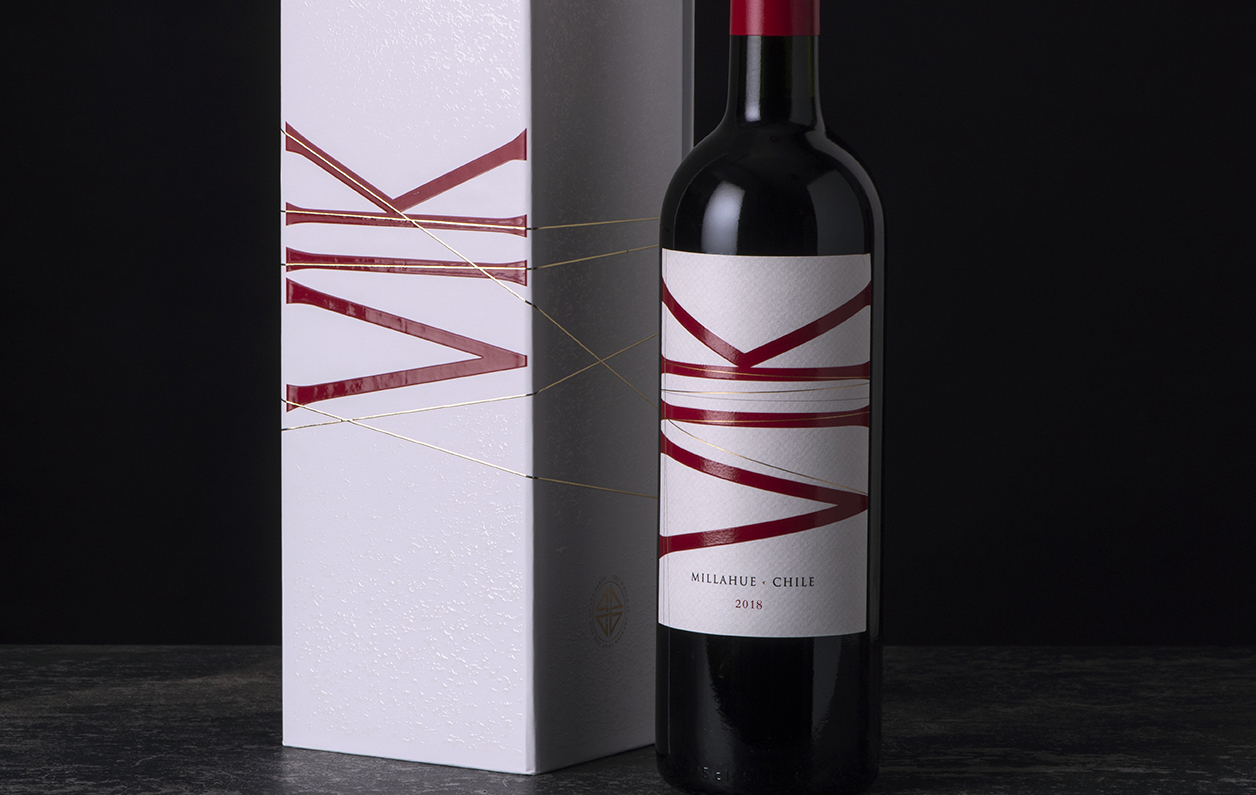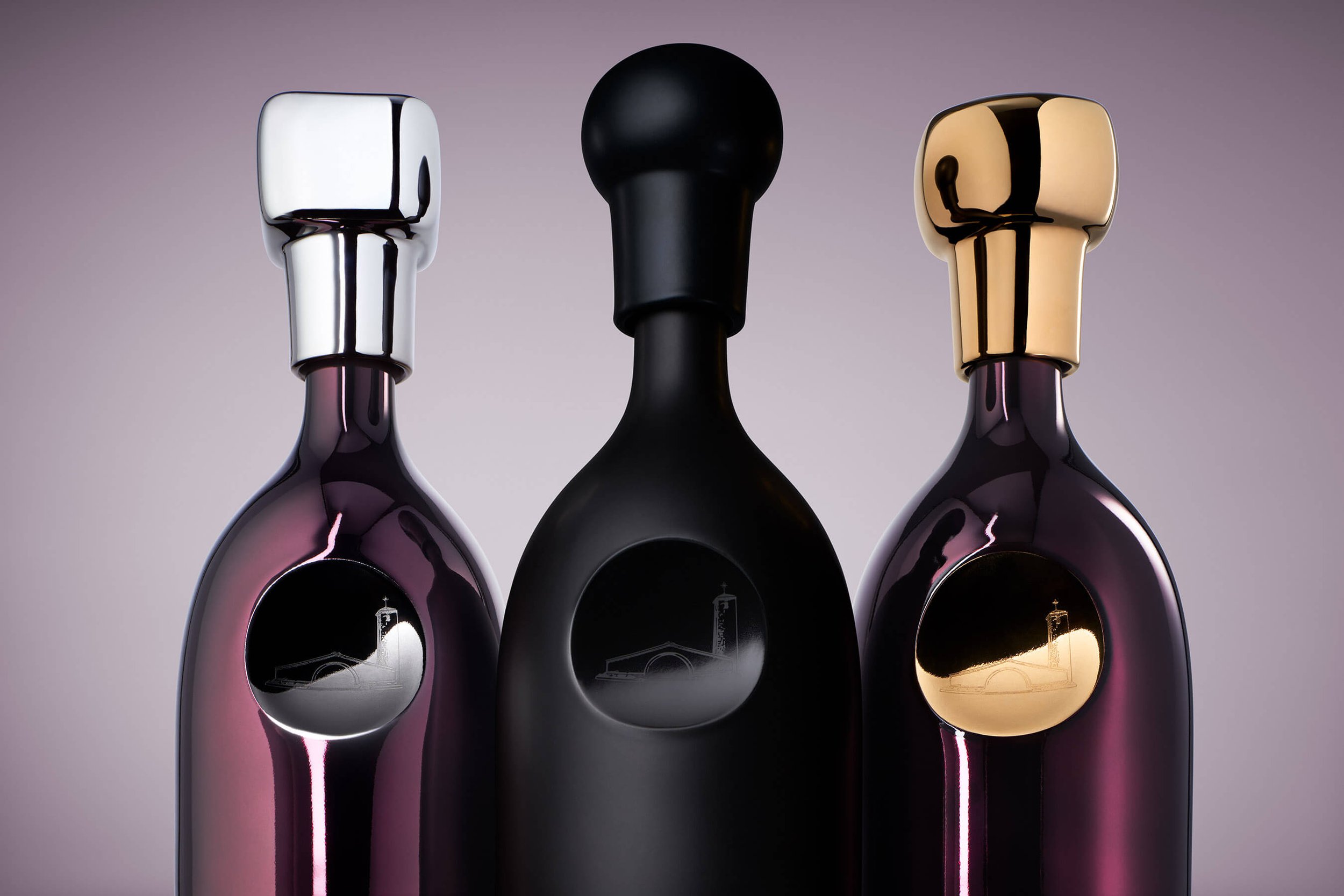The fine wine industry, steeped in centuries of tradition, is experiencing a digital revolution that’s transforming how collectors buy, sell, and authenticate their prized bottles. Wine NFTs (non-fungible tokens) and blockchain technology are creating unprecedented opportunities for wine enthusiasts to engage with rare vintages in entirely new ways. This technological shift addresses long-standing challenges in wine collecting, including provenance verification, authenticity concerns, and global accessibility to exclusive allocations. As prestigious estates like Château de Beaucastel, Champagne Louis Roederer, and Cos d’Estournel embrace these digital innovations, the wine world is witnessing a fundamental change in how value is created, preserved, and transferred. The integration of NFTs with physical wine bottles is opening doors for a new generation of collectors while providing enhanced security and transparency for traditional investors.
Blockchain Technology: Solving Wine’s Authenticity Crisis
The fine wine market has long struggled with counterfeit bottles and questionable provenance, resulting in significant financial losses for collectors. Blockchain technology offers an immutable solution by creating transparent digital ledgers that track every step of a wine’s journey from vineyard to consumer. This revolutionary approach ensures that each bottle’s origin, production methods, and ownership history are permanently recorded and easily verifiable.
WiV Technology exemplifies this innovation, allowing users to buy, sell, and trade wine-backed NFTs that represent ownership of physical bottles stored in secure facilities. This system eliminates the risk of fraud while providing collectors with confidence in their investments. The technology creates an unbreakable chain of custody that follows wines through production, distribution, and multiple ownership transfers.
How Wine NFTs Work: Digital Ownership of Physical Assets

Wine NFTs operate on a simple yet powerful premise: each digital token corresponds to specific physical bottles or cases stored in professional facilities. When collectors purchase a wine NFT, they’re acquiring both digital ownership rights and the underlying physical wine. Platforms like WineChain have pioneered this approach, connecting prestigious estates directly with collectors while eliminating traditional middlemen and distribution complexities.
The process involves attaching trackable tags to wine cases that correspond to immutable blockchain codes, effectively preventing fraud opportunities. Collectors can trade these digital assets freely, with the physical wines remaining in optimal storage conditions until the owner decides to “burn” the NFT and claim their bottles.
Benefits of Driving Wine NFT Adoption
Enhanced Security and Transparency represent the primary advantages of wine NFTs. Every transaction and ownership change is permanently recorded on the blockchain, creating an unalterable history that builds trust between buyers and sellers. This transparency is particularly valuable for high-value wines commonly targeted by counterfeiters, such as Bordeaux First Growths and Burgundy Grand Crus.
Global Accessibility to rare wines has dramatically improved through digital platforms. Collectors worldwide can now participate in exclusive allocations and auctions that were previously limited to specific geographic regions or established relationships. This democratization of access is expanding the collector base and creating new market dynamics.
Flexible Ownership Models allow investors to trade wine without physical handling, which is crucial for maintaining optimal storage conditions. The secondary fine wine market, valued at approximately $5 billion annually, with 16,000 rare bottles changing hands monthly on exchanges like Liv-ex, benefits significantly from reduced trading barriers.
The Future of Digital Wine Collecting
Leading wineries are increasingly embracing NFT technology to reach new audiences and maintain direct relationships with collectors. Yao Family Wines pioneered wine NFTs in April 2021 with their “The Chop” Cabernet Sauvignon auction, while French producers like Aubert & Mathieu have successfully integrated NFTs with traditional wine sales.
The technology’s potential extends beyond simple ownership transfer to include exclusive club memberships, virtual tasting experiences, and digital collectibility that immortalizes special wine moments. As the market matures, wine NFTs are positioned to become an integral part of fine wine investment strategies.


